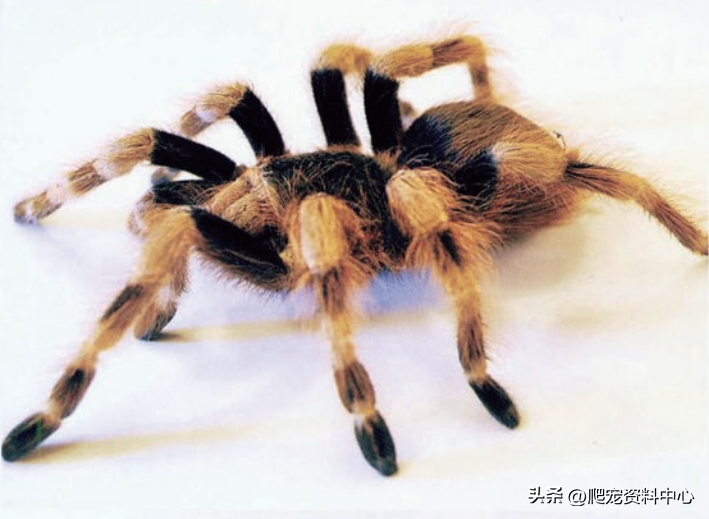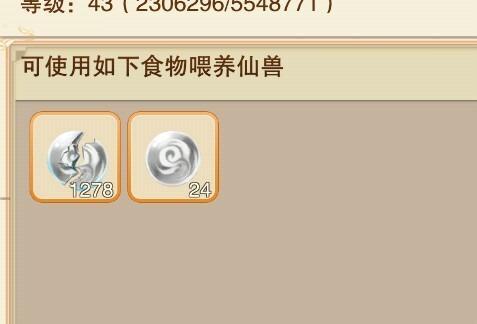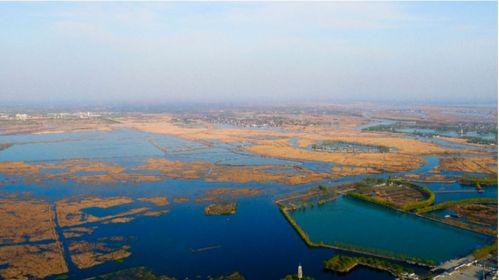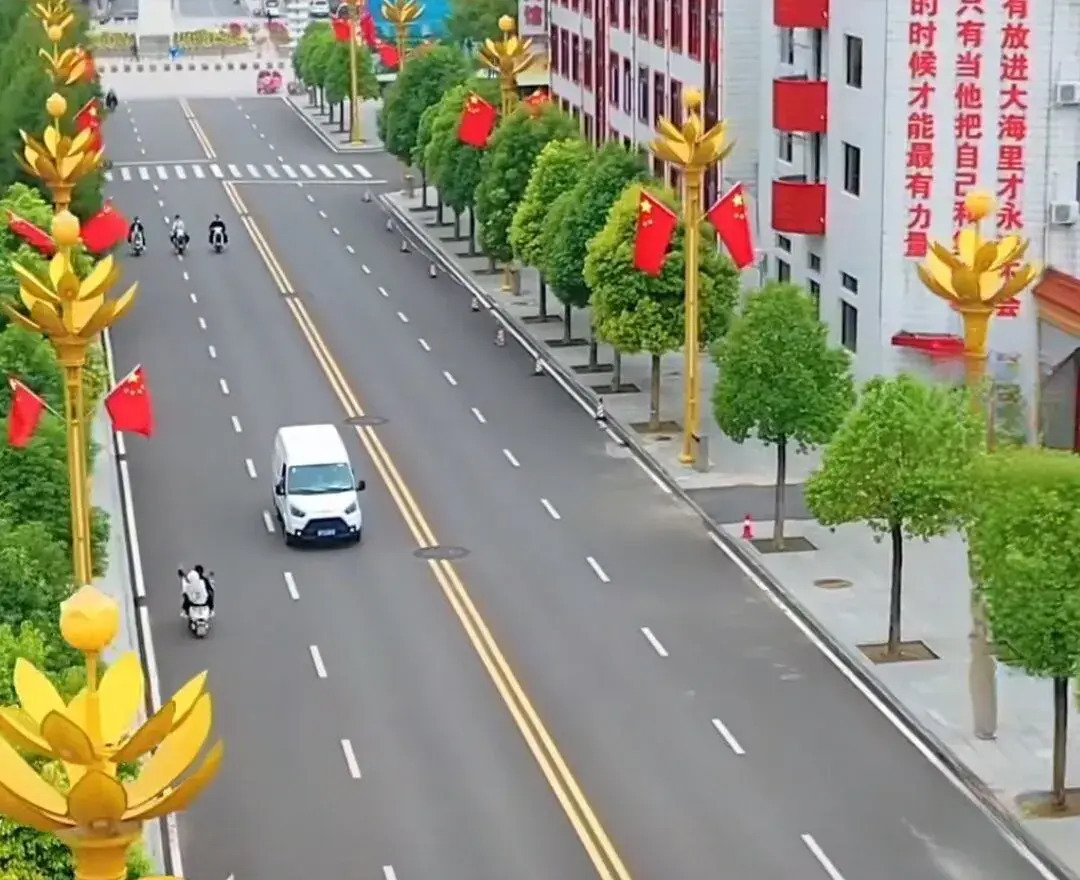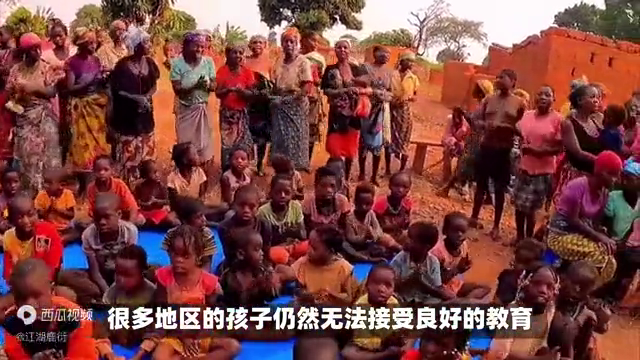宝宝的英文怎么读(除了”baby”还可以怎么表达)
日期:2024-07-09 09:45:13 浏览: 100
infant n. 婴儿;幼儿;未成年人
adj. 婴儿的;幼稚的;初期的;未成年的
这个单词在真题出现了有十余次,例如:
At the start of the first year in infant school, teachers seat pupils alphabetically from the front, to make it easier to remember their names.(2004-Text2)
Infants are wired to look at parents’ faces to try to understand their world, and if those faces are blank and unresponsive—as they often are when absorbed in a device—it can be extremely disconcerting for the children.(2-2017-Text2)
in-, 不,非, -fan, 说话,词源同 phone, fame. 即“不能说话的”,引申词义“婴儿”。
另外,除了词根词缀法,大家还可以根据谐音的方法来记住这个单词:“因烦他”。因烦他哭闹,所以不想抱婴儿。 ->婴儿、幼儿;婴儿的、幼儿的
关于这个单词的词源,有一个很有趣的故事。
英语单词 infantry (步兵)与 infant (婴儿)的拼写非常接近,它们之间有何关系呢?它们都来自拉丁语 infantem ,而 infantem 是 infans 的名词。 infans 由 in (不)+ fans (说话)组成,意思是不能说话,所以 infantem 指的是还不会说话的婴儿。 infant (婴儿)直接来自 infantem ,而 infantry (步兵)来自 infantem 所衍生的 infante (新手)。

因为步兵是战场上的新手,所以被称为 infante ,继而经由西班牙语 infanteria 、法语 infantrie 演变为英语单词 infantry 。为什么“步兵”是“新手“呢?在中世纪的欧洲,军队一般只包括两个兵种:步兵和骑兵。其中,骑兵的重要性远远大于步兵。因为骑兵需要马匹以及各种装备,骑士需要专业训练,通常只有贵族才能充当骑士。

